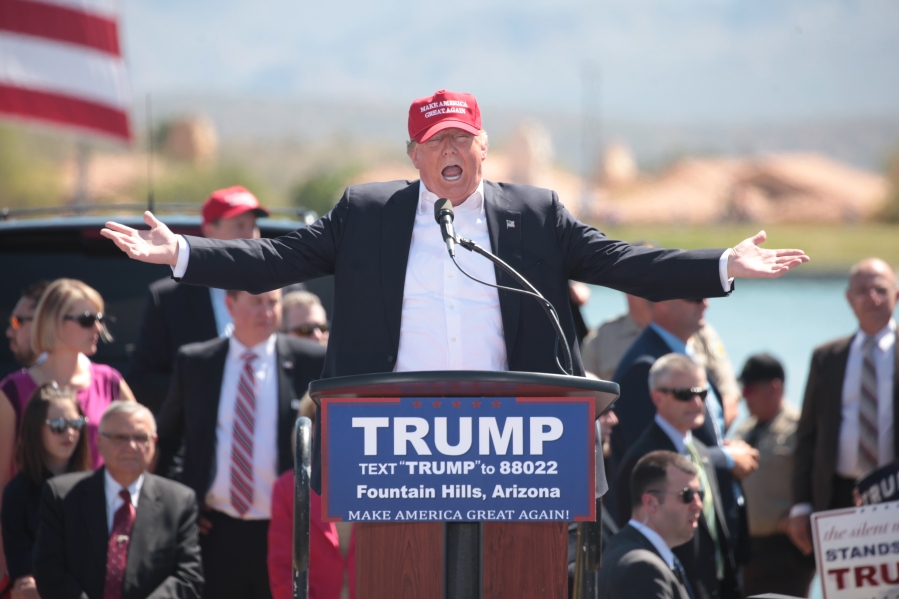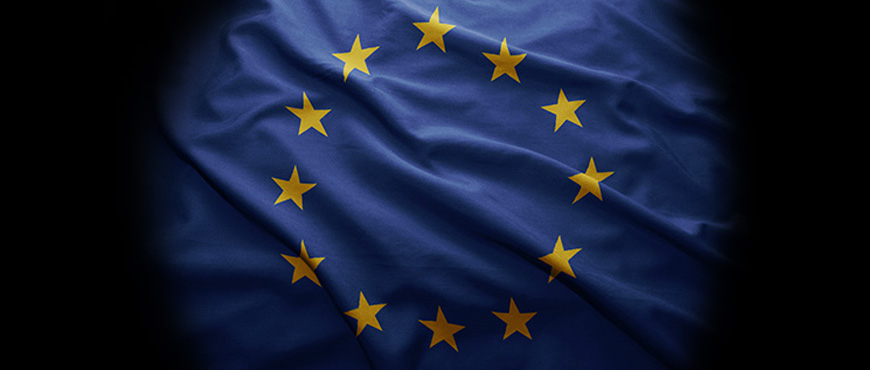On the 29th of March 2017, the government of the United Kingdom officially informed the President of the European Council about their intention to leave the European Union within the next two years. This so-called triggering of Article 50 of the Lisbon Treaty of the European Union will start a process, which will be complex with many unknown and unforeseen developments, challenges and problems on the way.
Theresa May has made it clear that she wants the UK’s departure from the EU to strengthen the Union, to improve the lives of British people and to work for both the UK and the EU. However, this seems more and more unlikely. The Prime Minister, and her negotiation team are not just fighting a one-way battle with the EU-negotiation team about the terms of Brexit and a successor agreement that will give the UK access to the European market, they are actually involved in a three-way fight. A fight that is full of contradictions and centrifugal forces, and one that Theresa May cannot win.
Fight Number 1: The European Dimension
The UK government will spend the next two years negotiating with an EU delegation on the terms of Brexit. Some of the negotiations will be relatively simple, such as on air traffic rules and even the rights of EU citizens in the UK and UK citizens in the EU will be secured relatively quickly as there are no major obstacles on a solution for these issues on either side. Other issues, such as which access the UK will get to the European single market, the size of the final bill that the UK will have to pay and the future of free movement will be much tougher. The European Parliament has already announced that they will veto any deal that will phase out free movement early, and countries in Eastern Europe will likely veto anything that will affect financial contributions promised to them in years to come. There is still an ongoing debate about whether no deal would be a good deal. However, the complexity of reaching a deal becomes obvious when one thinks about the key priorities for the European side. There are three priorities the EU negotiators will focus on. First, the rights of EU citizens in the UK. This will be secured relatively quickly as it just needs an insurance that Brits in the EU will treated the same way. Second, the final bill the UK has to pay before leaving, for example for pension contributions to British staff that served in the Commission. Here agreement will be hard to find and a lot will depend on Germany as the now even bigger contributor to the EU to pick up some of the bill and give the UK a “better” deal. However, the third key priority for EU negotiators and linked to a trade deal with the UK, is the issue of demonstrating that leaving the European Union has serious consequences. Many saw Brexit as a first step to the EU falling apart. Germany, France, and most countries in Eastern Europe will want to prevent any impression that this is the case and that a country can leave the EU, stop paying into the budget but still enjoy all the benefits. The Germans particularly will want to set an example and Angela Merkel has announced this immediately after the Brexit vote. So, it is by no way clear that there will be a deal, and what kind of deal it will be.

Fight Number 2: The Home Front
On the 28th of March 2017, the Scottish Parliament voted in favour of a new referendum on independence. This vote, a day before the triggering of Article 50 by the British Prime Minister, will set the tone for months and indeed years to come. While the UK government has dismissed the Scottish request for a second referendum within a decade, it will not be able to uphold this ignorance for long. Scottish people might not (yet) be convinced that independence is the better option, but most of them are convinced that Scotland should have the choice and that the UK government should not decide on Scotland’s future. There is a good chance that by the time Scotland will have a second referendum on independence (and this is just a question of time), there might be a majority for independence. In addition to the constitutional crisis in regards to Scotland, Brexit has also opened up old wounds in Northern Ireland, with Sein Fein using the topic to mobilise support for a referendum on the unification of the Irish island. The potential of a hard border between the Republic of Ireland and Northern Ireland might create new potential for conflict, but most importantly it will create huge disturbances for people and businesses on both sides of the border. In light of this, who knows, maybe the people in Northern Ireland can easier live with a united Ireland than a new hard border.
Finally, the business community in the UK will put pressure on the government to ensure access to the European market, or in case this cannot be received, to receive special deals. A special deal has already been agreed for Nissan, it is hard to see why other car manufacturers in the UK will not demand the same terms of a deal from the government.
With a constitutional crisis fully evolving, a fragile economy that has to be preparing for the worst, and many regions, Councils and communities in the UK expecting whatever affect the Brexit deal will have on them, it is hard to see how the government will be able to deal with all of these competing and in some cases contradicting demands and find a solution that everyone can live with.

Fight Number 3: The International Dimension
Finally, Brexit will force the UK government to think about the UK’s international role. This of course offers a lot of opportunities. However, in reality that international environment is about as hostile as it could be to the UK as a new actor in trade and world influence. In the USA, President Trump is about to divide his country and the international community with it. In Russia, President Putin is probing the patience of NATO. In China, the Communist Party, while formally committed to free markets, is preparing for a more competitive and protectionist era in world trade. At the same time, the UK will only be allowed to formally negotiate trade deals once it has left the European Union (until then, this remains a competence of the EU Commission). While trade deals with some countries will be signed relatively quickly, especially trade deals with the major UK markets outside of Europe (such as the US, Canada, Australia, India, etc.) will take years to negotiate. Even if trade agreements can be negotiated, even if the time span is shorter than expected, it is nevertheless hard to see how the current international environment and the limited ability and experience that the UK government has to negotiate new deals will not have an impact economically, politically and socially.
It Burns, Burns, Burns – The Ring of Fire
Brexit is the result of an ill-informed and unnecessary referendum. The British people will now have to live with the consequences. However, as has been demonstrated above, there are at least three major fights the government has at its hands in order to make any Brexit deal work and ensure a better future post-Brexit. The centrifugal forces that will hit the UK, the economic impact of the Brexit negotiations, and the future development of the international system will all have substantial impacts on the UK in the near future. Even if the UK had the best negotiators in the world (and it does not), even if Europeans wanted to give the UK a good deal (and they do not), even if the international environment was more receptive and positive (and it is not), even if all of these circumstances were met, it would still be hard to see how Theresa May and the UK government can win the fight on all these three fronts. What has happened is that in recent months more and more fires were lit by the government and fire does, what fire does – it spreads and grows out of control. Eventually, it burns.
Dr Soeren Keil is Reader in Politics and International Relations at Canterbury Christ Church University.
 Politics
Politics Anna Vanaga
Anna Vanaga 671
671



